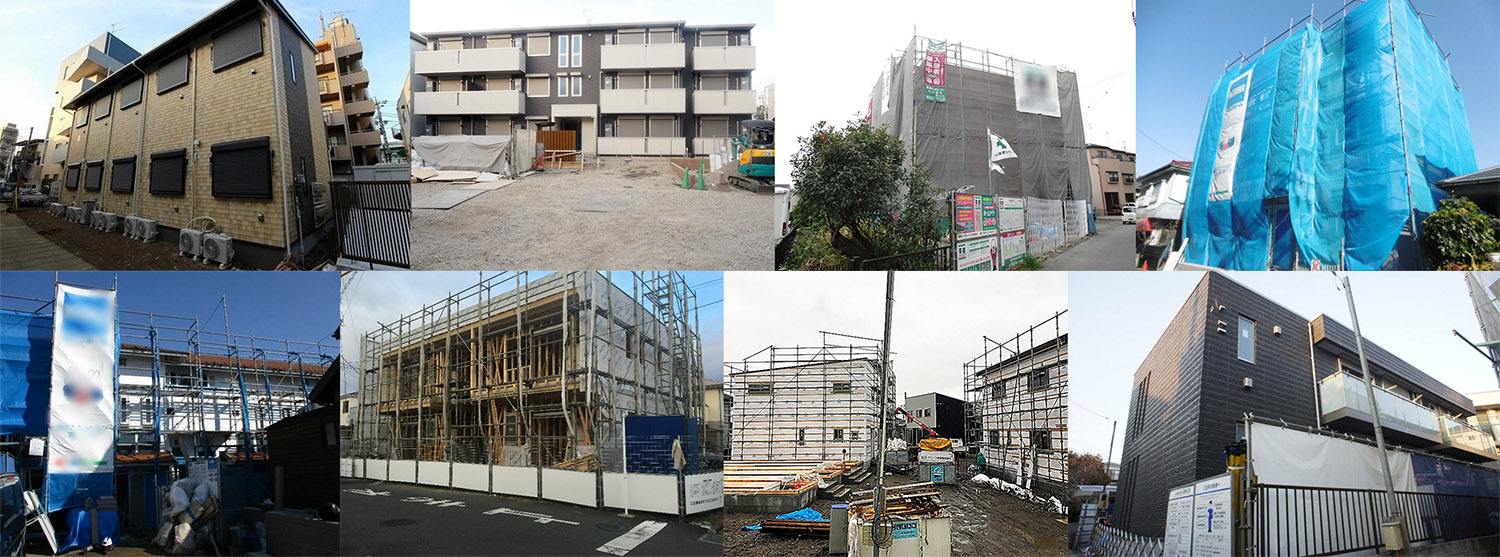Sublease lawsuits on the rise

Disputes on sublease agreements for rental properties are on the increase across Japan.
A sublease or rental guarantee agreement is where a company, often a real estate agency, leases an apartment building or block of flats from the property owner to sublease out to tenants. The owner is guaranteed a fixed rent each month and does not have to worry about any vacancies, although the rent they receive will be lower than market rates. These sublease agreements are often long-term with periods ranging from 10 to 30 years. While landlords may be promised secure and stable rental income, the contracts often contain clauses allowing the sublessor to reduce the rent or even to cancel the agreement.Read more
Foreign buyers of real estate in Japan still lack adequate support from agents
As a foreign buyer of real estate in Japan, whether living abroad or in the country, you may find that there are only a small number of real estate agencies that are capable and experienced in working with foreign clients. Even if the language barrier is not an issue, finding an agent who has worked with foreigners and can understand and explain the key differences and intricacies about Japan’s property market is essential.
We have heard of nightmare stories from buyers who have purchased properties without receiving full explanations or even incorrect explanations of property details, resulting in some very bad investments. With a growing number of foreign buyers, these bad practices are only going to increase.Read more
Sublease and rental guarantee agreements causing problems for first-time investors
Starting September 1, companies* offering sub-lease arrangements to investors and landlords will be obligated to include a clause in pre-contract documentation to warn the property owner that future rent may be subject to change.
The new rule has come after a recent spike in complaints from landlords who, at the advice of real estate brokerages and construction companies, built apartments under the expectation of leasing them for a guaranteed rent. After completion, however, the sub-leasing company would either cancel the rental agreement (a relatively easy task since rental law is strongly in favour of the tenant) or decrease the rent offered to the landlord. Some investors were promised that rents would continue to rise 3% annually, only to find out after purchase that the sublessor would only offer a rent of 10% below initial estimates.Read more
Beware of agency-arranged building inspections
Recently, several of Japan’s major real estate brokerages have started offering home inspections on properties they list. In some cases the agency will offer to provide coverage for up to two years following the sale for any defects, but the fine print usually requires the property to already be free from defects and for the agency to act on behalf of both the buyer and the seller resulting in a double commission (a full commission collected from each party).
This poses a serious conflict of interest, since agents have a vested interest in the sale. Buyers should be cautious about relying on these reports. There may be cases where inspection reports arranged by the seller’s agency receive passing grades but fail to include obvious defects.Read more
An agent’s disclosure obligations regarding stigmatised properties
Under Article 47 Item 1 of Japan's Real Estate Brokerage Act, agents are prohibited from intentionally failing to disclose any matters relating to the building that may have a serious affect on the client’s decision to proceed with the transaction.
This means that real estate agents are obligated to notify clients of defects to a property, such as suicide, murder or other unnatural deaths, but only if the agent is aware of these defects at the time. There may be times when an agent is unaware, in which case they cannot be held liable. This can occur if the landlord or seller was purposely withholding this information from the agent, or if there was an unnatural death or murder that was not reported to the property owner or management company. The owner of the property, however, may be held responsible even if they were unaware of the defect.Read more
Consider earthquake resistance when buying real estate in Japan

Nowadays Japan has some of the most rigid earthquake codes, however that wasn’t always the case and older buildings may be more susceptible to earthquake damage than some buyers realise.
Picking a location
Choose a property on solid ground.
Properties on reclaimed land, flood plains, former lakes, ponds, riverbanks, rice fields, or marshes are more susceptible to collapse and tilting from liquefaction. Even newer homes may not be protected from the danger of being built on soft soil.
Building age
Choose a property built after June 1981.Read more
Ageing gas pipes pose potential hazard
The Ministry of Economy, Trade and Industry (METI) has estimated that there approximately 80,000 gas pipes across the country in commercial and residential buildings that pose a risk of gas leaks due to the age of the pipes. An additional survey in 2014 found that there were 8,290 ageing pipes in public buildings, including schools and community centres.
Tokyo Gas, Osaka Gas and other gas companies are calling for old pipes to be upgraded to the newer ones which do not corrode as fast and are safer in earthquakes, but the high cost of replacement has been a significant obstacle.Read more
